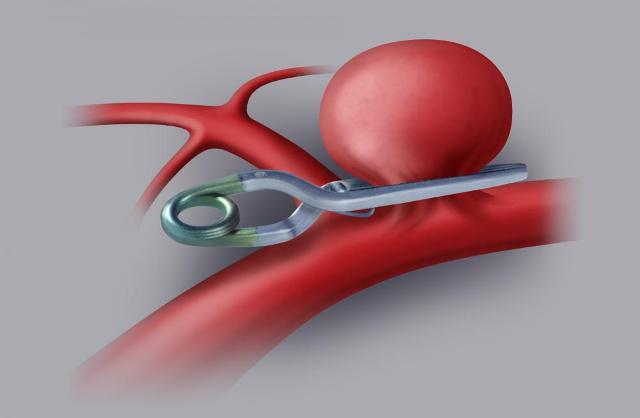The Best Aneurysmal Clipping in Guntur – Dr. Rao’s Hospital

An aneurysm is a balloon outpouching over the blood vessel. Aneurysm treatment options include microvascular clipping, endovascular coiling, stent-assisted coiling, or Flow diverter. If you are looking for clipping or coiling or flow diverter, Dr. Rao’s hospital is the best, as Dr. Rao does both surgery and clipping and chooses the option which is best for the patient instead of others.
Microvascular clipping involves disrupting blood flow into an aneurysm using a titanium clip. This procedure typically consists of removing a portion of the skull (called a craniotomy) and placed back during this complex, open, or minimally invasive surgery. It collapses the aneurysm and prevents rupture.
What happens in a pre-op visit for The Microvascular Clipping Procedure
Your appointment before the surgery may include:
- Detailed history, anesthetic check-up, neurological exam, and blood tests
- Imaging tests – ultrasound, CT angiogram, MRI scan, or MR angiogram
- Home medication check-up for any blood thinners
- Discussion of recent illness or other conditions that keep surgery at high risk
- Discussion of procedure steps, risks, and benefits of treatment options along with written consent for surgery
- Women – pregnant or not
What To Expect
Dr. Rao will perform a craniotomy to access the brain. X-rays and microscopic viewing may help Dr. Rao to find the exact weakened area of the blood vessel, the so-called aneurysm. Dr. Rao carefully separates the aneurysm from the surrounding brain and places a titanium clip. This titanium clip excludes the aneurysm from the blood vessel and prevents the rupture of the aneurysm. Dr. Rao will replace the section of the skull and fix it with mini plates, and stitch your scalp back into place. The procedure takes about 3-5 hours. You should expect to stay in the hospital for 4-6 days.
Potential Complications
Your doctor will review potential complications, like:
- Weakness
- Numbness or tingling
- Speech disturbances
- Visual changes
- Confusion, memory loss
- Seizures
- Infection
- Reaction to anesthesia
- Kidney damage
- Blood clots
- Ruptured aneurysm during surgery
Factors increase the risk of complications:
- Smoking
- Obesity
- High blood pressure
If you are looking for clipping or coiling or flow diverter, Dr. Rao’s hospital is the best, as Dr. Rao does both surgery and clipping and chooses the option which is best for the patient instead of others.
Enquiry Now

